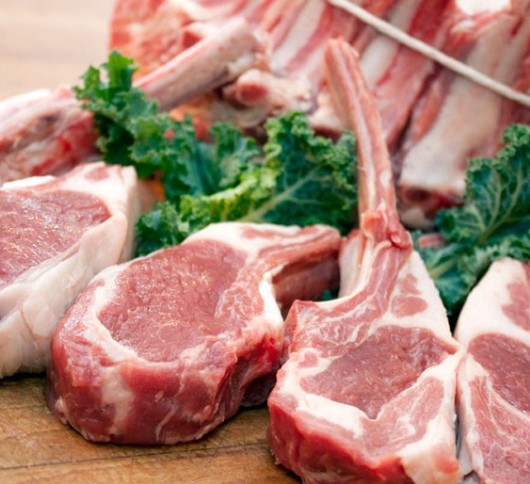Bolivia exports $797 million worth of beef and introduces new digital certificates for foreign trade

Bolivia's beef exports reached $797 million between 2021 and 2025. China is the primary market for this meat, accounting for 74% of sales, according to Karina Cerrudo, Director General of the National Customs Authority. Meanwhile, the authority has integrated the beef export food safety certificate into the Single Window for Foreign Trade (VUCE) system, thereby expanding the digital procedures available for international trade.
Growth of the meat sector
According to Cerrudo, the sector has demonstrated "impressive" growth over the past five years. Foreign sales increased from $11 million in 2021 to $186 million in 2022, $199 million in 2023, and $247 million in 2024. Bolivia currently exports meat to Russia, Peru, Ecuador, and Vietnam . In September, it completed an opening in Egypt and is negotiating to enter the Chilean market.
The country has an export quota of 44,000 tons of beef, of which 28,600 tons have already been supplied to the international market.
Digitalization of foreign trade
The implementation of the new Senasag certificate transforms VUCE into a platform with eight activated electronic procedures, including gold export procedures,coffee , oil and soybean meal, as well as IBMETRO certification for industrial inputs.
The VUCE system, developed by the National Customs Administration and launched in 2024, has issued 2,578 procedures to date, has 12,975 active users, and has logged 95,944 visits. In its first year of operation, the system covered 32.4% of the value of export goods on FOB terms and 17.9% of the value of imported goods on CIF terms requiring certification.
Benefits for exporters
Its advantages include 100% digitalization of procedures, online payments, elimination of paperwork, interaction between institutions, and reduction in transaction time and costs.
The presentation of the new certificate took place at the Chamber of Exporters, Logistics and Investment Promotion (CADEX) of Santa Cruz, with the participation of the private sector.
Cerrudo emphasized that the modernization of the customs service includes the implementation of technological systems, standardization rules, and interagency cooperation with the aim of strengthening Bolivia as a competitive player in international trade.





















































